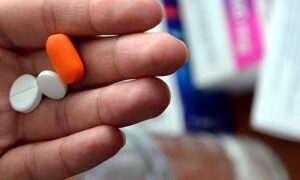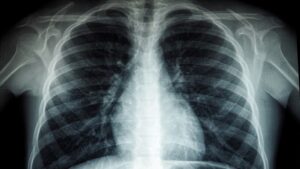[ad_1]
Somewhere between the ages of 9 and 15, your pituitary gland releases hormones that tell your body to start producing testosterone. Adolescence begins and brings changes. The testicles (testicles), scrotum, penis and pubic hair begin to grow. Testosterone levels peak in your late teens to early 20s.
The amount of testosterone in your body may drop slightly in your late 20s to 40s, but the change is minimal.
After 40, your overall levels may drop only a small amount. But your body slowly starts to make more of a protein called sex-binding globulin hormone (SHBG). This sticks to testosterone in the blood and reduces the amount your body has available for use.
As testosterone levels drop, you’ll notice other changes: in:
Pubic hair: As are the hairs on the rest of your body, they will thin out and may turn gray.
Penis shape: For a small number of men, it may curve with age. This can affect its length, girth and function. The condition, called Peyronie’s disease, is caused by physical trauma — usually because the shaft is bent during sex. The condition can often be corrected surgically or treated with medicines .
Changes in your genitals and sexuality are a normal part of aging. Talk to your doctor if age-related changes are affecting your life and relationships.
Bullocks: The small organs inside your scrotum exist primarily to produce sperm. As your testosterone levels drop, sperm production slows and they shrink. If you are on hormone replacement therapy, your pituitary gland will stop sending signals to your testicles to make testosterone and they will shrink more.
Penile function: The nerves in your penis become less sensitive as you get older. This can lead to problems with arousal and orgasm . As testosterone levels drop, the erectile dysfunction becomes more likely.
Perhaps the most common culprit is the body’s inability to retain blood in the penis. When this happens, you may be able to get an erection but not keep it. Blood flows in, but the aging muscle surrounding your erectile tissue can’t keep it there. The result: lost hardness.
[ad_2]
Source link






